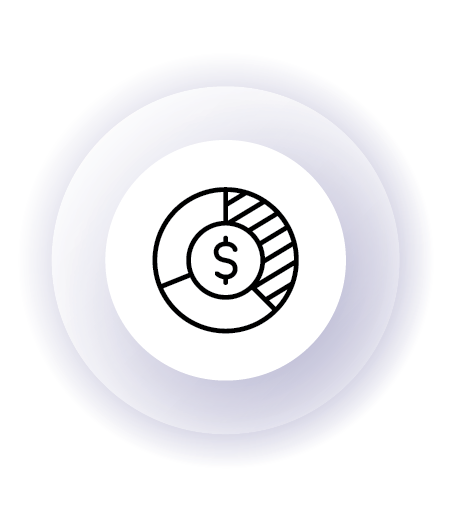Alternative Investments: Are they right for you?
In today’s economy, diversification within your portfolios is essential. Investing outside of stocks, bonds, and mutual funds can help protect your investments against potential losses during volatile times.
An increasing number of investors are transitioning towards alternative investment options in order to enhance their returns, generate income, diversify their portfolios beyond traditional investments, and ultimately achieve their financial objectives.

Strategic Diversification for Your Portfolio
At Martinelli Financial Services, we can help you use alternative investments to:
What are Alternative Investments?
Alternative investments are financial assets that lie outside of conventional categories like cash, stocks, and bonds. Any asset class outside these conventional categories would fall under the Alternative Investment umbrella.
While there is a wide array of types of Alternative Investments, some of the more popular options include: real estate, private equity, hedge funds, commodities, and oil/gas investments with tax benefits. In recent years, things like cryptocurrencies have joined the ranks of Alternative Investments as a decentralized and potentially high-yield asset class.

Why incorporate Alternative Investments?

The purpose of alternative investments is to provide diversification to portfolios and make them more robust and resilient. During volatile times, it can be wise to keep some money outside of traditional investment categories to help protect against losses.
Alternative Investments contribute to the broader financial landscape by affording investors opportunities beyond the traditional stock and bond markets. Each investment has its own distinctive risk-return profile and potential for diversification, making it a smart move for certain investors’ overall strategy.
Types of Alternative Investments
Who Benefits from Alternative Investments?
In the past, purchasing alternative assets was only available to financially sophisticated investors such as institutions or high-net-worth individuals who were considered accredited investors by the Securities and Exchange Commission (SEC). This was due to the fact that most alternative investments were not traded on public markets and were typically unregulated by the SEC.
However, if you meet certain criteria such as having a high annual income for the past two years, maintaining a significant net worth of $1 million or more, or demonstrating professional knowledge, experience, or certifications recognized by the SEC, you can qualify as an accredited investor and purchase alternative investments.
Heavily Taxed Individual or Households
Individuals who pay substantial taxes can lower their tax burden and generate profits without subjecting themselves to risks in the stock and bond market. This can be achieved through accredited investments that offer tax benefits.
- Income of $300k+ Joint or $180k+ Individual
- Need For Tax Mitigation Strategies
- Transfer Assets Into Lower Tax Structures
Real Estate Investor
Investors can sell their own property and use a Delaware Statutory Trust (DST) to invest in a bigger, more professional property. This allows them to delay paying federal capital gains taxes.
- Income of $300k+ Joint or $180k+ Individual
- Own larger properties with tenants already in place
- Defer capital gains on the sale of your investment project
High-Net-Worth Retiree
Non-market accredited investments can help retirees mitigate market risk.
These investments, which prioritize generating income, often offer higher distribution rates compared to publicly traded investments.
Private equity investments can provide growth that is less influenced by the stock market, while private debt funds offer fixed income returns without being exposed to the fixed income market.








